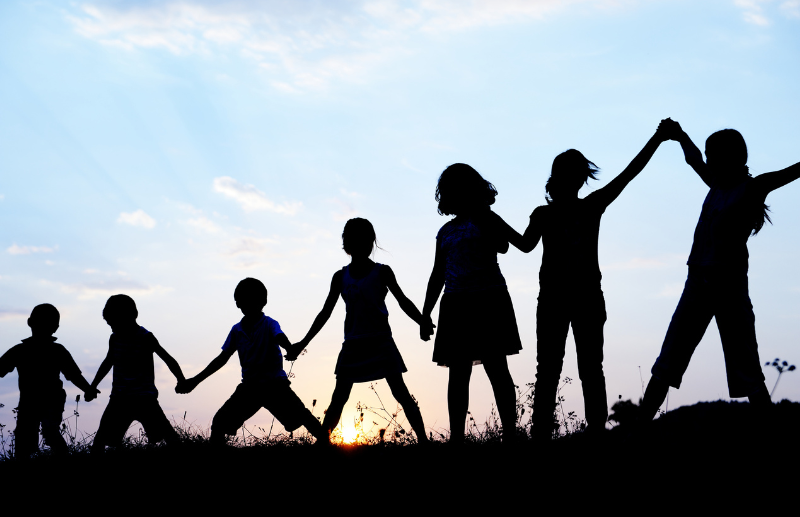If you feel uncomfortable, or like something is wrong, it’s really important you get help. Something not feeling right could mean that a person or an organisation isn’t playing by the rules when it comes to your rights. Let’s step through who you can turn to when children’s rights aren’t being respected.
I need help right now
If you feel unsafe or like something bad is happening to you right now, there are people who can help you straight away.
- Call 000 to get help from the police, an ambulance or fire brigade.
- Call Kids Helpline on 1800 55 1800, or use their webchat to speak to someone who will listen to your worries, and give you options for support.
- Tell an adult you can trust.
Know your rights
The first step in figuring out whether your rights have been disrespected is to know what they are in the first place. As a child in Australia, you have lots of rights. Like:
- the right to be treated fairly
- the right to have a say about decisions affecting you
- the right to live and grow up healthy
- the right to be safe no matter where you are
- the right to get an education
- the right to play and have fun!
If you want to find out more about your rights, we’ve got a page just for that.
Reach out to an adult you can trust
A good place to start if you feel like something is wrong is to speak to an adult you can trust - someone who will listen, believe and help you.
The first person you talk to may not be the right person so it’s okay to keep telling other safe people in your life until you have been heard, believed, and someone helps you.
Get help from a service you can trust
There are places in the community you can get help from if you don’t feel comfortable speaking to an adult you know. The best place to turn to depends on if:
- you’re worried about yourself or another young person you know.
- or you’re worried about all children in Australia.
I’m worried about myself or another child I know
You can chat to these services for free, and what you say is private. You don’t even have to tell them your name if you don’t want to.
You can talk to them about anything—no matter how big or small it seems.
Make a complaint to the Australian Human Rights Commission
You can make a complaint to us for different reasons. For example, if you think:
- you have been treated unfairly because of your age, race, disability or sex.
- other rights, like your right to be heard or be safe, have been ignored.
We can investigate and try to help solve it. Making a complaint is free and open to anyone anywhere in Australia. Find out more about how to make a complaint.


